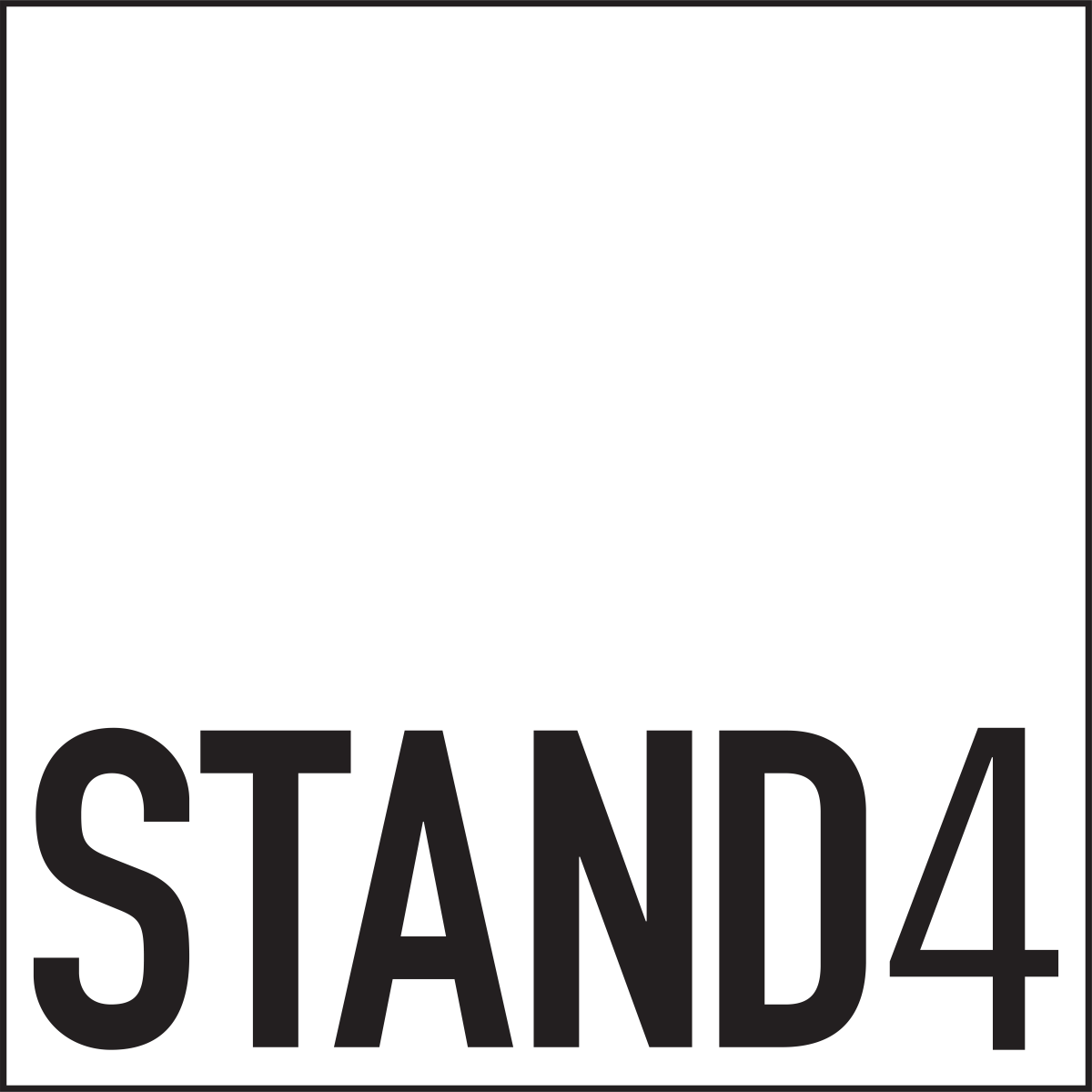Choice Connections
February 8 – March 1, 2014
Butcher Bar – 458 87th Street, Brooklyn
The “butcher “and the “bar”, once staunch neighborhood hubs are losing ground as integral social centers as communities are carved up to accommodate big box stores and large-scale businesses, and residents move on to more affordable pastures across the bay. Once a community with as many bars as churches, with strollers parked outside of the butcher’s market, fish monger, grocery and fruit markets, Bay Ridge is not alone as a community in flux.
“It is not from the benevolence (kindness) of the butcher, the brewer, or the baker that we expect our dinner, but from their regard to their own interest.”
This is a quote from the economist Adam Smith’s book “A Wealth of Nations” in which he pictures self- interest as “the invisible hand”. “The invisible hand” as a force that drives commerce and people to make economic choices and create competition. While there is truth to his theory it becomes complicated when the complexities of the human experience come into play. This “invisible hand” is sometimes connected to a beating heart that may steer a choice of self-interest towards the interest of others.
We find this in strong communities – in places where the butcher is not just a purveyor of meat but also a family business, a place to gossip, meet neighbors and ask for culinary advice. Many people know when they enter their local butcher that a connection is made to the animal by the person entrusted to provide it for the community. Likewise, the local bar is not only a seller of spirits but also a place to connect and converse with others, where the social network is face-to-face and not on a computer screen.
It is the beating heart that sometimes makes choices that do not correlate with the work of “the invisible hand”. That hand is often larger and stronger than the heart that feeds it, hence the replacement of the small family business with the large all-inclusive corporate entity.
Is this what Smith is defending? When the butcher, the brewer and the baker cannot compete for their self-interest because “the invisible hand” belongs to a giant, whose interest is served with the replacements? What is lost when we substitute craft and quality for convenience? When connections, physical and social lose a place to take hold, does a community finally unravel? How does a dollar store out-live a butcher? Let’s pull up a bar stool and talk.
The focus of this exhibition is to illuminate how connections are made to seemingly disparate subjects through the social networks of language, community, commerce and tradition and how artists consider these connections within their work as well as place. Like the butcher and the bar, art is a place where language is played upon and subverted, connections and traditions are made or destroyed and business is done whether it is the business of the hand, the heart or the mind.
